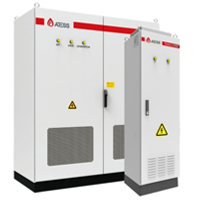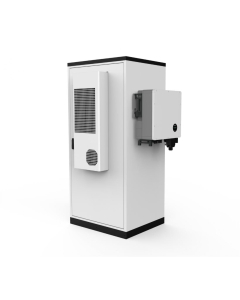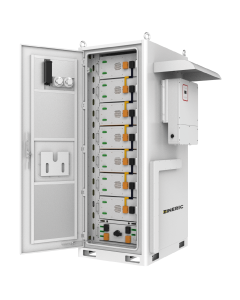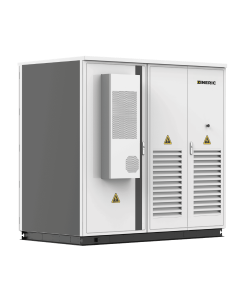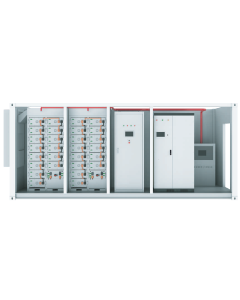Industrial energy storage, also known as industrial battery storage, is the use of batteries to store energy for use during peak demand periods or in case of power outages. These batteries are typically large-scale and used by businesses, factories, and other industrial facilities. The benefits of industrial energy storage include increased energy efficiency, reduced energy costs, and improved reliability.
Benefits of Industrial Energy Storage
There are many benefits to using industrial energy storage. First and foremost, it allows businesses to shift their energy usage to times when electricity is cheaper, resulting in cost savings. It also helps to reduce peak demand, which can lead to lower electricity prices for everyone. Additionally, industrial energy storage can provide backup power in case of an outage, ensuring that businesses can continue to operate even when the grid is down.
Types of Industrial Batteries
There are several types of industrial batteries used for energy storage, including lithium-ion, lead-acid, and flow batteries. Lithium-ion batteries are the most common type of battery used for energy storage, as they are lightweight and have a high energy density. Lead-acid batteries are also used for energy storage, but are heavier and have a lower energy density than lithium-ion batteries. Flow batteries are less common, but are gaining popularity due to their ability to store large amounts of energy for long periods of time.
Applications of Industrial Energy Storage
Industrial energy storage has many applications, including peak shaving, load leveling, and backup power. Peak shaving involves using stored energy during times of high electricity demand to reduce the strain on the grid. Load leveling involves using stored energy to smooth out fluctuations in energy usage, which can help to reduce overall energy costs. Backup power is also an important application of industrial energy storage, as it ensures that businesses can continue to operate even when the grid is down.
Industrial energy storage is a crucial component of the modern energy landscape. It provides businesses with cost savings, energy efficiency, and improved reliability, and has many applications across a variety of industries. By understanding the benefits, types, and applications of industrial energy storage, businesses can make informed decisions about how to integrate it into their operations.
